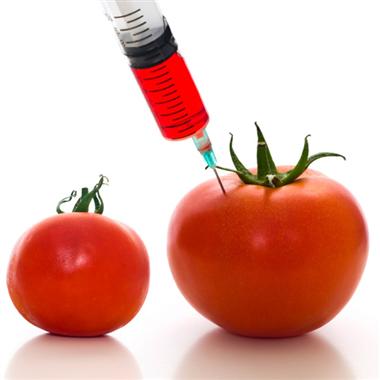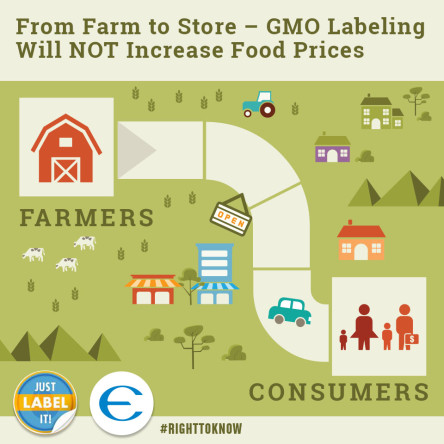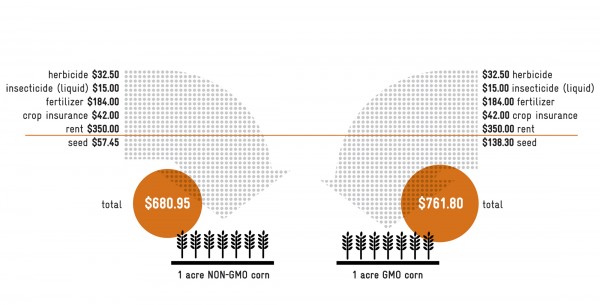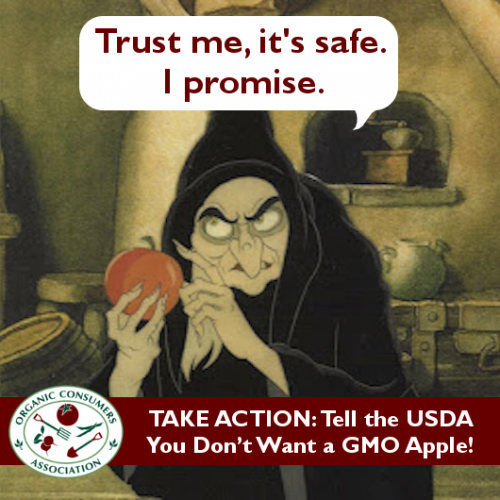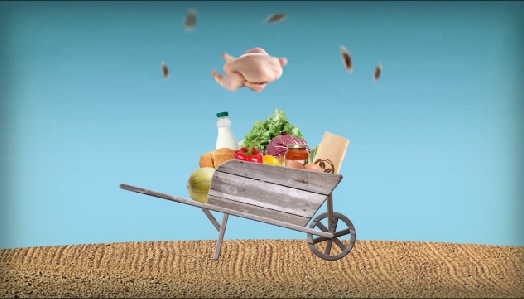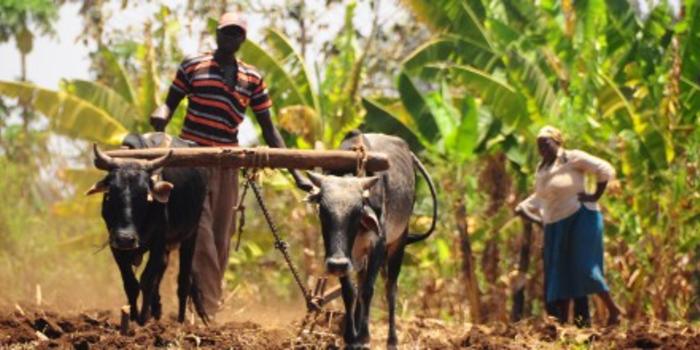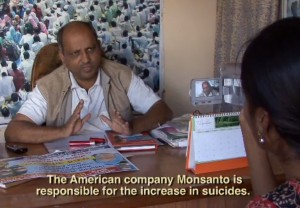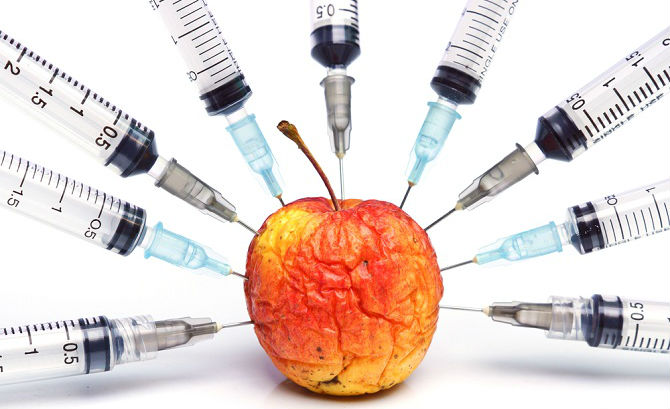
Submitting a public comment has become a very easy process and is fast. You can feel free to speak from your own heart or to use any part of my statement that you like. Additional information and facts are also available at Food Safety News.
Submitted by Kimi Wei on 27 August 2016:
Dear Sirs and Mesdames,
It’s absurd to even think of giving in to the whims of a public which, due to ignorance, concern themselves more with appearance than their own health and the consequences of being deprived of the right to eat good, healthy food and build communities around this simple human need.
GMO products give control over food sources to major corporations, as they control the sales of GMO seed and eventually, can even prevent farmers from using traditional seed – this is happening in several countries around the world. GMO seed also is much costlier than traditional seeds are.
While people may choose to be ignorant of the facts, there’s no excuse for government officials to fail in this area. You need to ensure that Americans continue to enjoy food sovereignty; that we not risk planet and personal health crises by using GMO products which may cause unforeseen negative long-range impacts; that food production is not turned over to entities concerned with profit at the expense of humanity; and that the planetary and natural protections offered by small-holder farmers who practice natural planting and growing are not replaced with Big Ag monoculture crops that are always highly destructive to planet and people.
Furthermore, in the United States GMO seed and plant producers have used GMO seeds as an excuse to steal away smaller farmers’ lands by claiming that seeds that invade adjacent farms by the wind or birds carrying them over are in fact being stolen by the smaller farmers. Successful legal claims have been made stating that the only remedy for this theft is for the GMO planters to take possession of farmers lands that were invaded by their seed. The fact that the farmers didn’t want GMO seed and were advocating for it to be blocked from invading their land, meant nothing to the GMO plant growers, or the courts.
To submit a comment by USPS mail (snail mail), send to:
Docket No. APHIS-2016-0043
Regulatory Analysis and Development
PPD, APHIS, Station 3A-03.8
4700 River Road Unit 118
Riverdale, MD 20737-1238
Thanks Howard Vlieger for sharing the opportunity to comment.
